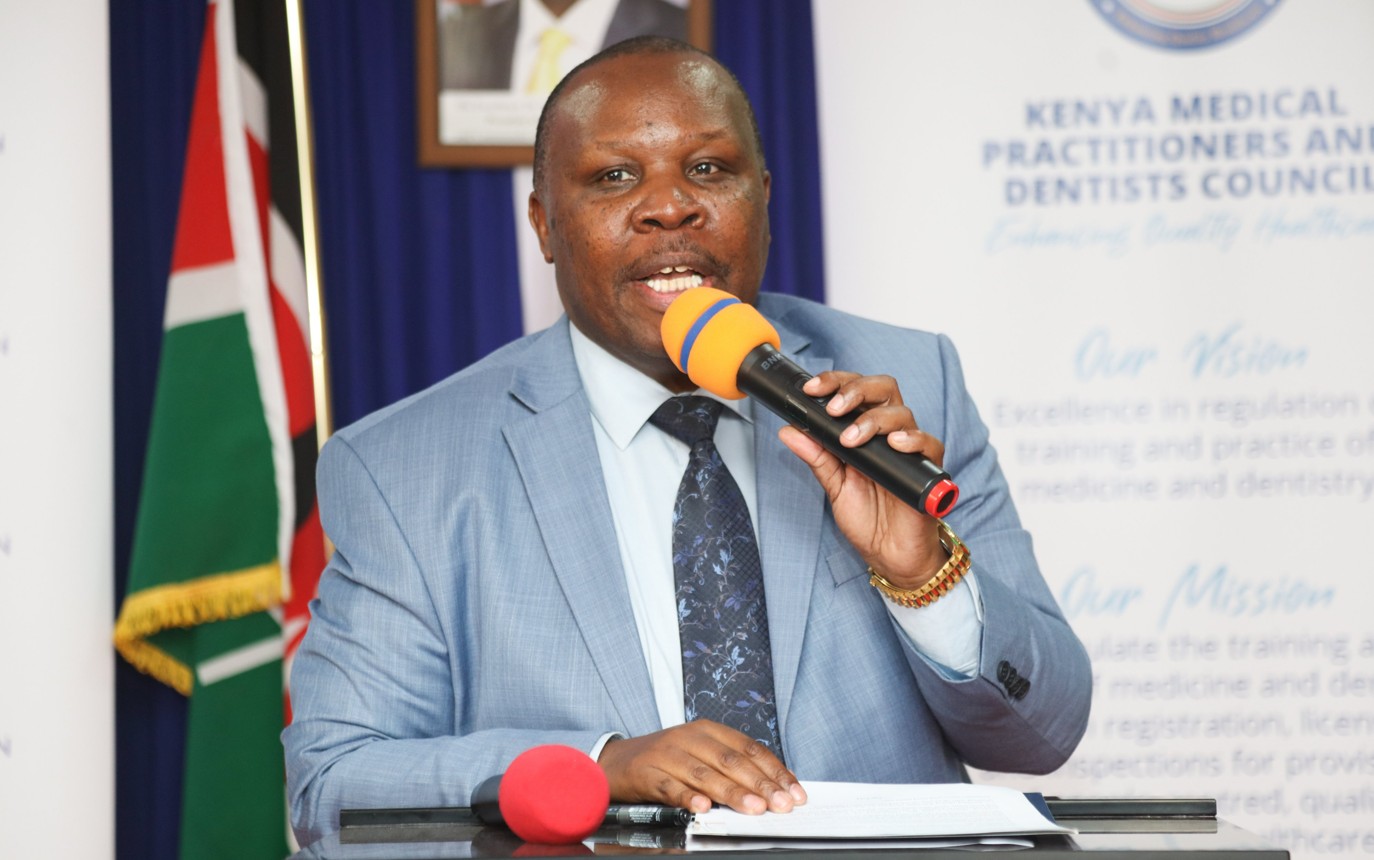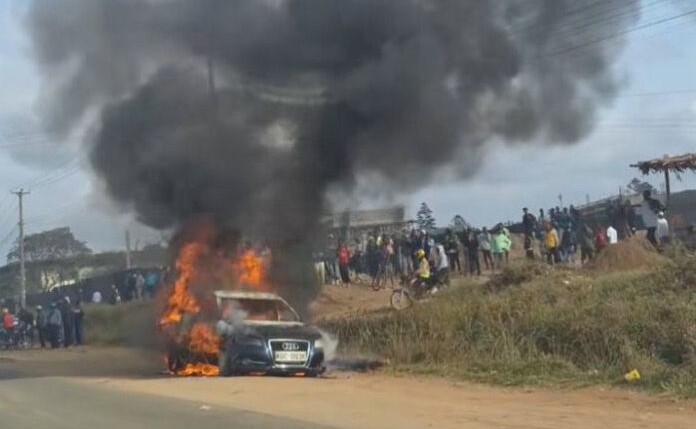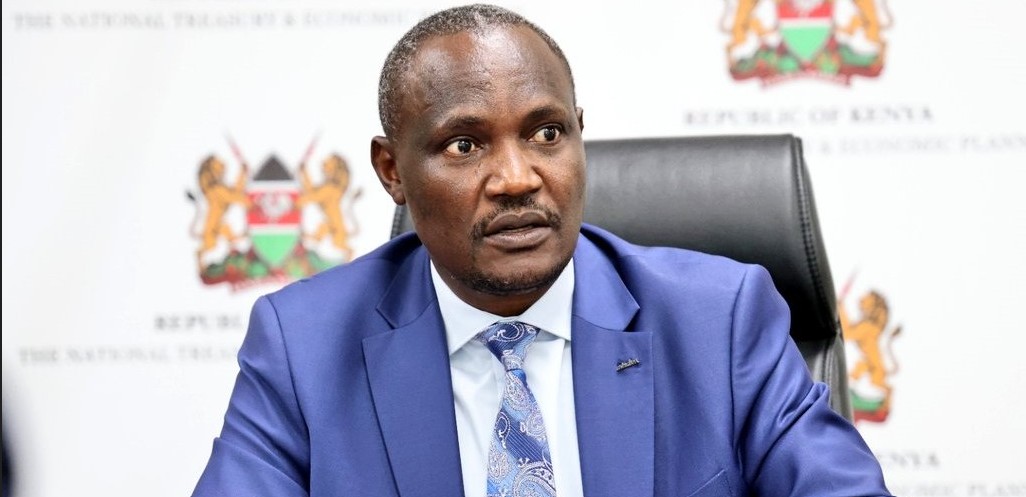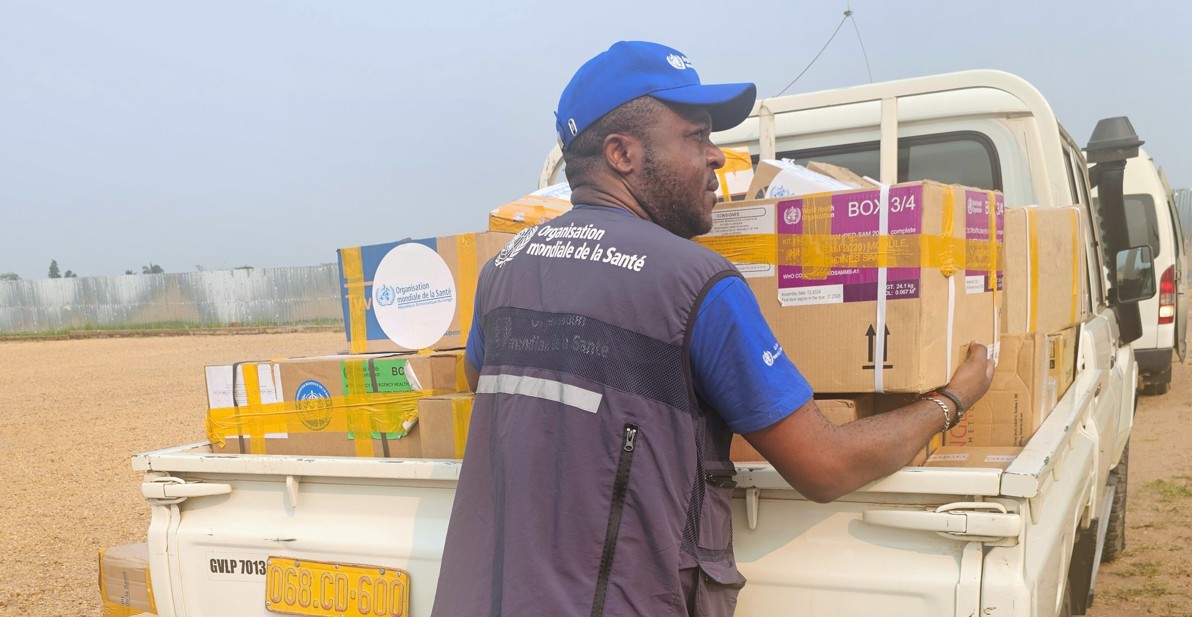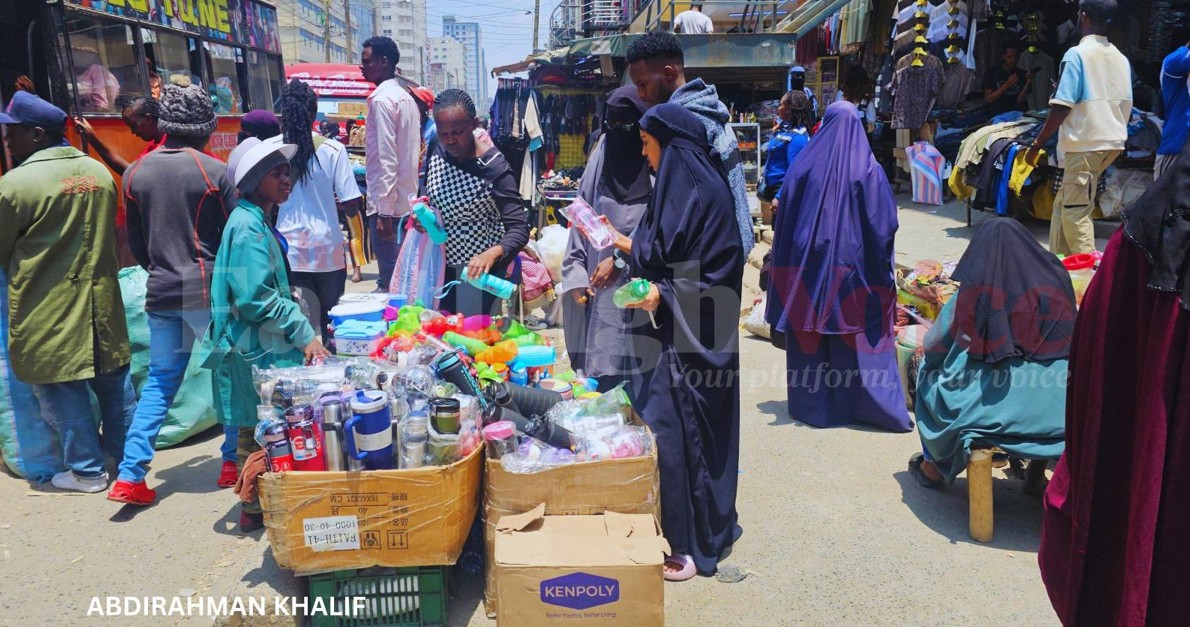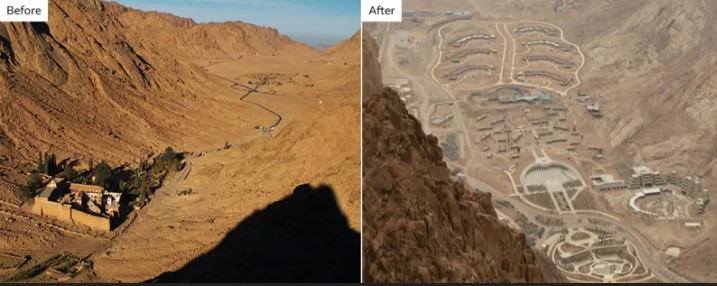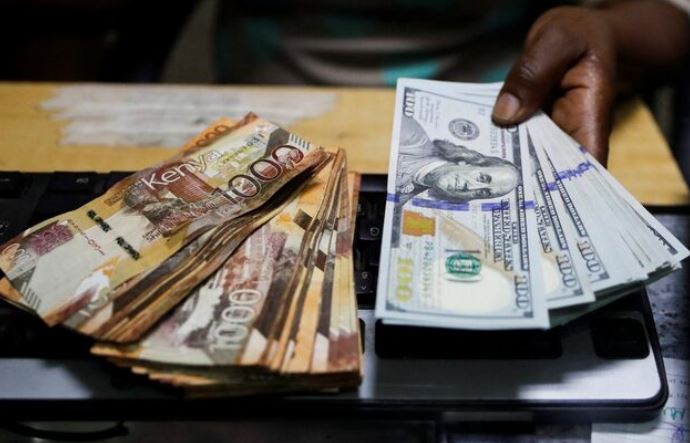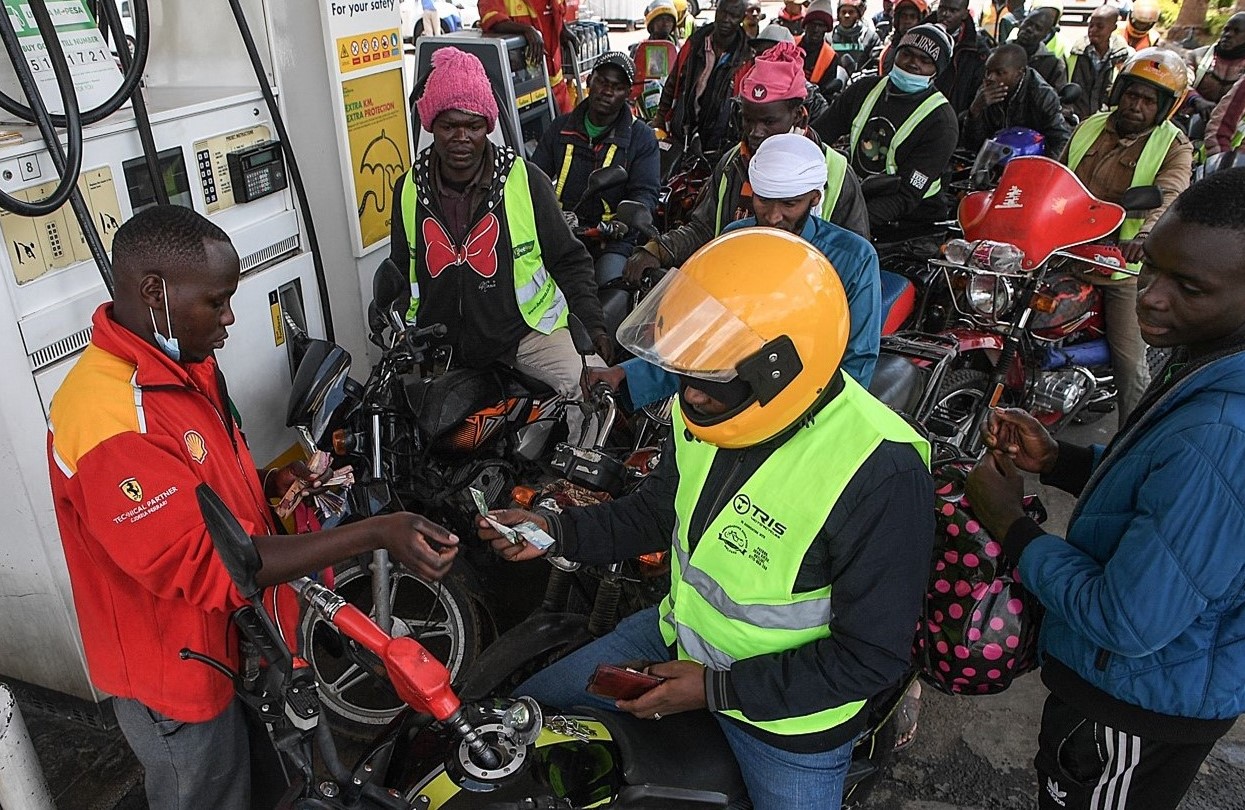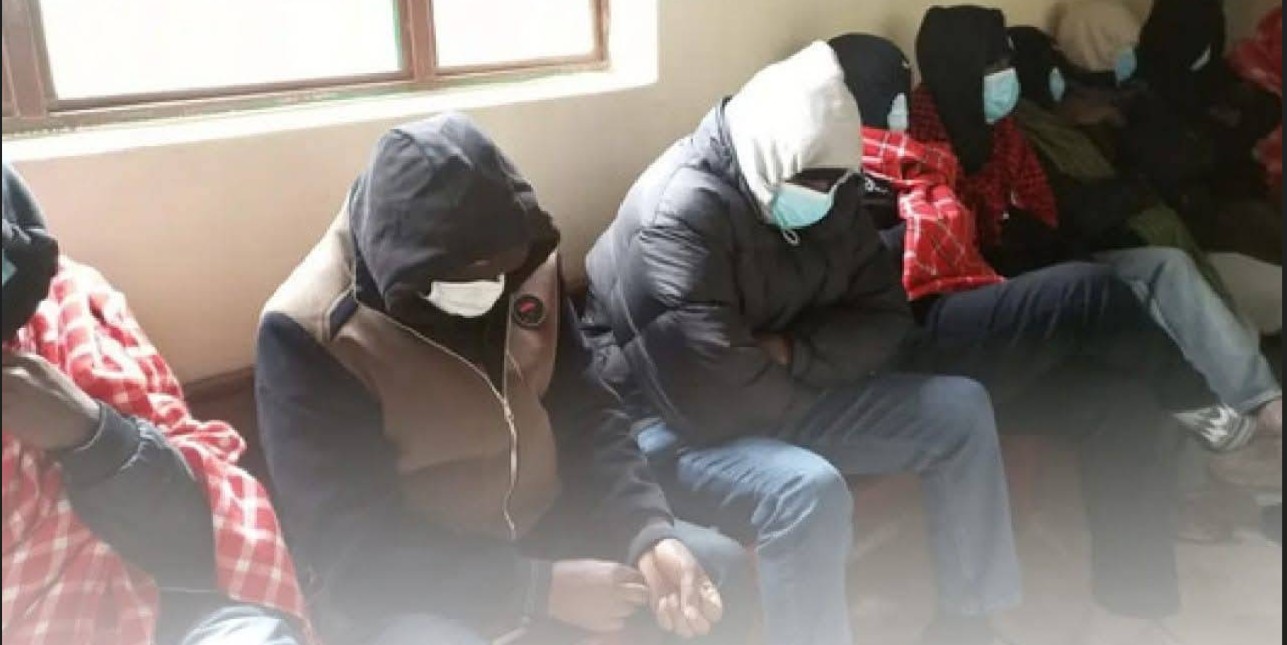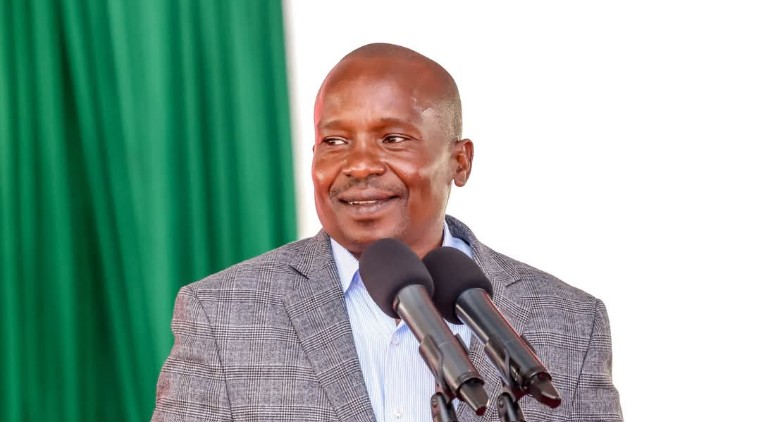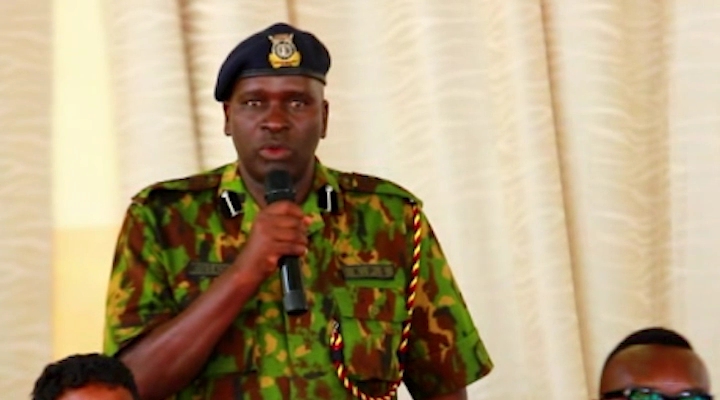Kenya to benefit from Sh58 billion global polio eradication fund amid vaccine shortages

The pledge was announced during the annual Rotary International Convention in Calgary, Canada, and will support the Global Polio Eradication Initiative (GPEI) over the next three years.
Kenya will benefit from a US$450 million (Sh58.5 billion) funding boost aimed at accelerating the global fight against polio, amid growing concerns over a possible resurgence driven by vaccine shortages and low immunisation coverage in urban informal settlements.
The funding stems from a renewed partnership between the Bill and Melinda Gates Foundation and Rotary International, aimed at tackling rising challenges in the final phase of global polio eradication. These include vaccine stock-outs, geopolitical instability, weak health systems, and fresh outbreaks in previously polio-free countries.
More To Read
- Lancet warns of rising disease outbreaks as global childhood vaccination rates decline
- Cholera death toll in Africa surpasses 2,400 as South Sudan, DRC, Angola and Sudan hardest hit
- DRC to receive 200,000 Mpox vaccine doses from Gavi amid record outbreak
- Kenya receives 10,700 doses of Mpox vaccine as Ministry of Health seeks to curb spread
- High Court gives state 21 days to prove withdrawal of Gates Foundation’s diplomatic immunity
- Kenya sued at East African Court over Bill Gates Foundation immunities
The pledge was announced during the annual Rotary International Convention in Calgary, Canada, and will support the Global Polio Eradication Initiative (GPEI) over the next three years.
Under the deal, Rotary will raise US$50 million (Sh6.5 billion) per year, with the Gates Foundation matching every dollar with two, bringing the total joint investment to US$450 million.
“While historic progress has been made toward defeating polio, 90 per cent of the world’s population is free from the wild poliovirus, we are facing significant challenges, from competing financial priorities to fragile health systems,” chair of Rotary’s PolioPlus Committee Mike McGovern said.
“Furthermore, the detection of polio in places like Papua New Guinea that were previously polio-free demonstrates that polio anywhere is a threat everywhere.”
Lifesaving vaccines
He noted that extending the partnership with the Gates Foundation would allow Rotary to reach children worldwide with lifesaving vaccines and protect communities from the disease.
The renewed funding will cover a wide range of efforts, including vaccine delivery, disease surveillance, emergency response, and targeted community outreach in high-risk countries.
Special focus remains on Afghanistan and Pakistan—the only two countries still reporting cases of wild poliovirus.
In 2024, Rotary committed US$500,000 to fund an emergency two-round polio vaccination campaign in Gaza after a 10-month-old child was diagnosed with the disease.
“Rotary was the first to envision a world without polio—and today, we have the tools and knowledge to make that vision a reality,” Bill Gates, Chair of the Gates Foundation, said.
“If we all maintain our commitment and keep funding the solutions we know work, then soon, no family will have to live in fear of this horrific disease ever again.”
Polio vaccine stock-outs
Kenya, which has experienced periodic stock-outs of polio vaccines, is one of the countries expected to benefit from the renewed commitment.
Health experts have warned that vaccine shortages have put newborns at risk of severe disability or death.
Kenya is also pushing to reduce the number of zero-dose children, those who have not received any vaccines, by 25 per cent by 2025, and by 50 per cent by 2030. The strategy includes mobile vaccination campaigns, targeted outreach, and community engagement efforts to raise awareness and expand access.
UNICEF Kenya’s Chief of Health, Dr Luigi D’Aquino, said the government, with Gavi’s support, has improved vaccine supply and distribution in hard-to-reach regions.
“The government of Kenya, with the support of GAVI, The Vaccine Alliance, worked on enhancing vaccine supply and logistics, enabling better coverage in underserved areas,” he said.
According to official data, half of the zero-dose children in Kenya are concentrated in 14 counties of Nairobi, Mombasa, Kakamega, Kisii, Trans Nzoia, Kericho, Bomet, Uasin Gishu, Bungoma, Homa Bay, Kilifi, Kitui, Nandi, and Wajir.
Informal settlements
In Nairobi and Mombasa, the two largest urban centres, informal settlements have contributed to over 60,000 zero-dose children between 2019 and 2022, representing about 13 per cent of the national total.
“For 40 years, Rotary has remained steadfast in our commitment to ending polio for good, and the Gates Foundation partnership renewal underscores the importance of this effort,” Rotary International President Stephanie Urchick said.
“With gratitude to the Gates Foundation, we remain resolute in delivering on our promise of a polio-free world.”
Rotary launched its PolioPlus programme in 1985 and has since contributed over US$2.9 billion and countless volunteer hours.
In 1988, Rotary co-founded the GPEI alongside the World Health Organisation (WHO), UNICEF, and the US Centres for Disease Control and Prevention. The Gates Foundation and Gavi later joined the initiative.
At the time, global cases of polio stood at 350,000 annually. However, following sustained global action, the number has dropped by more than 99.9 per cent.
Countries like Canada have also backed the initiative, pledging more than CAD$1 billion to date.
Despite the progress, global health leaders warn that the final phase of eradication will require increased investment, political will, and cross-border coordination to ensure polio becomes only the second human disease, after smallpox, to be eradicated.
Top Stories Today
